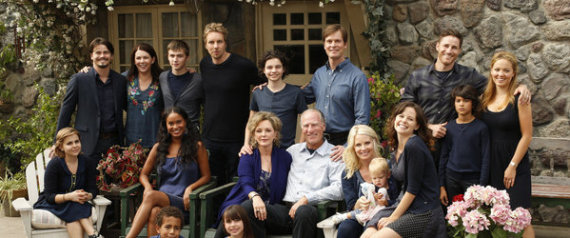By Lacey Gunter
I often think about the crazy road that brought me to this unexpected junction in my life right now. As I have mentioned in previous posts, I am not your stereotypical writer. My 'talents' as a young child and continuing through adulthood mostly seemed to be clumped around mathematics. I did exceptional at it, so that is how people saw me, as a math wiz.
One thing I liked about math is that it is so black and white. You knew there was one right answer and if you could figure out a correct way to get there, you knew where you stood. Other people's opinions didn't matter. But that sort of black and white mentality always seemed to get me in trouble in English class.
I was never a bad student, mind you. I have always been and will probably always be studious to the core. But my wanting things to have an apparent 'correct' answer often set me at odds with my English teachers. Honestly, I think some of them flat out hated me. Or at least that's how it felt when I was young. As a result, I think I hated writing. It was an unbearable chore.
Educational research often studies interactions with math teachers and how it affects students' perceptions of math ability. I have not seen the same type of examination on interactions with English teachers, but based on my own experience, I am guessing it is the same.
I am mostly free from the direct influences of a judging English teacher now, and luckily I have also broken free from hating writing. But I still carry around a vibrant insecurity of sharing any of my writing with them. I have a lovely friend who has taught English for years and I am sure she could influence my writing for the better, but I can't seem to muster enough courage to even tell her I am writing. I have managed to conquer any insecurities with sharing my writing with other writers, general audiences and even with prospective agents (thanks to a healthy dose of anonymity, hiding behind a computer screen). But this one I haven't been able to conquer yet.
How about you? Have you had any of these types of insecurities and how have you conquered them?
I often think about the crazy road that brought me to this unexpected junction in my life right now. As I have mentioned in previous posts, I am not your stereotypical writer. My 'talents' as a young child and continuing through adulthood mostly seemed to be clumped around mathematics. I did exceptional at it, so that is how people saw me, as a math wiz.
One thing I liked about math is that it is so black and white. You knew there was one right answer and if you could figure out a correct way to get there, you knew where you stood. Other people's opinions didn't matter. But that sort of black and white mentality always seemed to get me in trouble in English class.
I was never a bad student, mind you. I have always been and will probably always be studious to the core. But my wanting things to have an apparent 'correct' answer often set me at odds with my English teachers. Honestly, I think some of them flat out hated me. Or at least that's how it felt when I was young. As a result, I think I hated writing. It was an unbearable chore.
Educational research often studies interactions with math teachers and how it affects students' perceptions of math ability. I have not seen the same type of examination on interactions with English teachers, but based on my own experience, I am guessing it is the same.
I am mostly free from the direct influences of a judging English teacher now, and luckily I have also broken free from hating writing. But I still carry around a vibrant insecurity of sharing any of my writing with them. I have a lovely friend who has taught English for years and I am sure she could influence my writing for the better, but I can't seem to muster enough courage to even tell her I am writing. I have managed to conquer any insecurities with sharing my writing with other writers, general audiences and even with prospective agents (thanks to a healthy dose of anonymity, hiding behind a computer screen). But this one I haven't been able to conquer yet.
How about you? Have you had any of these types of insecurities and how have you conquered them?
















.JPG)
.JPG)

.jpg)






